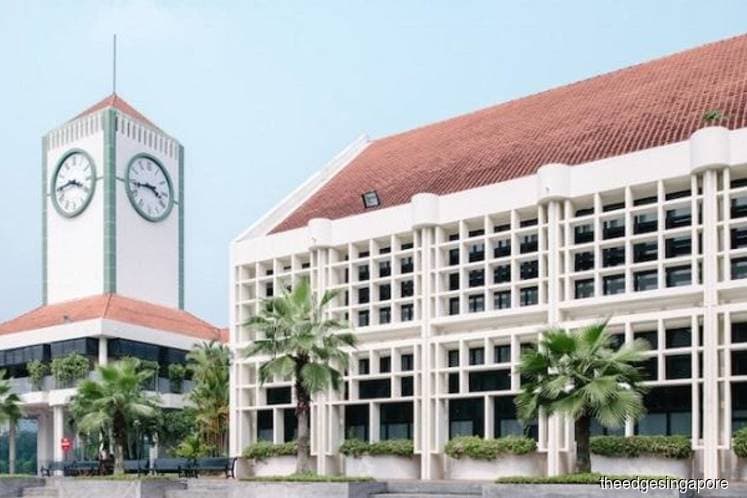
SINGAPORE (June 4): Raffles Institution wants to debunk the notion that it is an “elite school”, amid concerns that its student population is becoming less diverse, according to news reports this past week. Among other things, it is trying to raise awareness of financial assistance schemes to ensure that able students from low-income families are not deterred from applying for admission. Even so, students currently enrolled at the school — which I attended in the 1980s — are not representative of society. Only about half of them live in public housing, while some four-fifths of all Singaporeans live in such housing, according to the news reports.
RI should not waste its time trying to change the entrenched perception that it is an “elite school”. Instead, it should focus on impressing upon its students that they have been enormously lucky in life. They are lucky for being academically inclined, and having parents they can rely on for money and social connections. They are also lucky for living in a country where academic success easily leads to well-paid jobs. And, they are lucky for being born at a time when it is widely accepted that market competition ought to be a key organising principle for society. RI should also let its students know that they are no more or less deserving of their luck than somebody who wins the lottery. In the end, what they do with their good fortune is what really matters.
The media attention that RI received was part of a wider national conversation sparked earlier this year by a social studies guidebook that provided examples of the supposed behaviour and preferences of people of high and low socioeconomic status. For instance, people of high SES use “formal English” in daily conversation and eat at expensive restaurants, while people of low SES communicate in “Singlish” or Chinese dialects and eat at hawker centres, according to the guidebook. Many Singaporeans were naturally appalled by the sweeping generalisations. And, the incident now seems to have spurred a debate about inequality, and raised questions about whether Singapore’s vaunted social mobility is in decline... (Click here to read the full story)